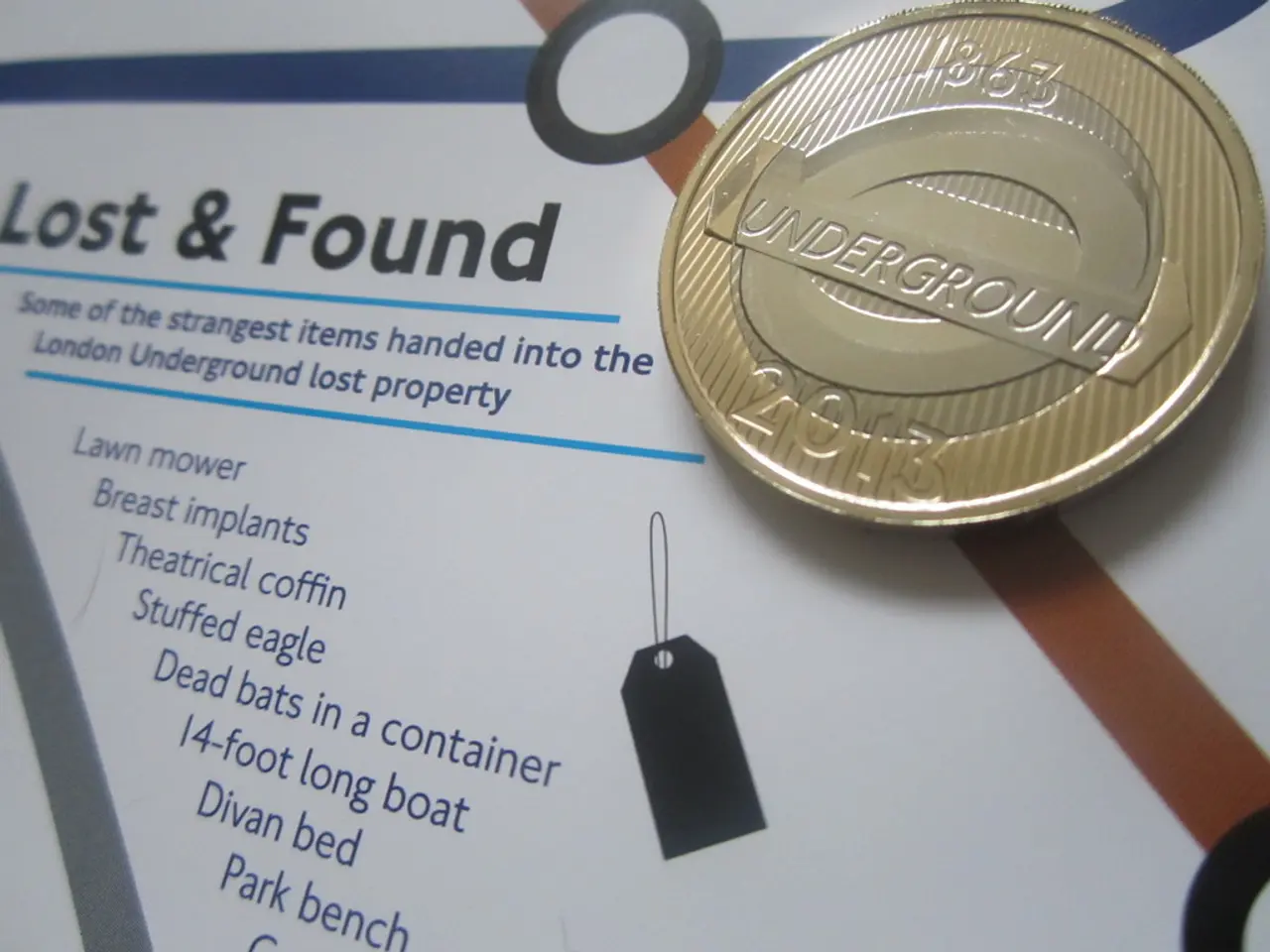Guiding South Korea towards crypto advancements: Possible strategies for igniting the next wave of cryptocurrency growth.
South Korea is actively shaping a progressive and comprehensive regulatory framework for digital asset trading, aiming to create a dynamic, secure, and globally competitive crypto market. The key regulations focus on expanding professional investor access, introducing robust investor protection measures, and establishing clear rules for digital asset service providers.
The Financial Supervisory Commission (FSC) of South Korea is allowing non-profit corporations and virtual asset exchanges to sell digital assets from June, under certain conditions. This move is intended to protect investors and pave the way for the country to unlock its institutional potential in the digital asset market.
In 2025, the FSC plans to broaden professional investor eligibility in the virtual asset market to include both domestic and foreign qualified firms. This strategic shift represents a step towards regulated crypto market integration with an international outlook.
A new regulatory roadmap includes the introduction of spot crypto exchange-traded funds (ETFs) and stablecoins into South Korea’s financial system. The FSC is tasked with creating legal and technical infrastructure covering custody, pricing, fund management, and clear investor protections, while also enforcing stricter penalties and higher transparency for exchanges.
Legislative developments include the Digital Asset Basic Act (DABA) and a General Act on Digital Assets proposed by the ruling party. These aim to create a comprehensive legal framework, covering issuance, trading, disclosure, and prohibiting unfair practices in crypto markets. A joint task force between the FSC and Financial Supervisory Service focuses on crypto lending regulation to address investor safeguards due to market volatility.
South Korea’s Central Bank has established a dedicated crypto-assets department to monitor developments and support legislation, especially regarding stablecoins. This reflects the significance of digital assets for the national economy.
The approach balances strict oversight—including bans and hefty fines for violations—and nurturing innovation to position South Korea as a global leader in responsible digital asset governance, attracting international capital and institutional innovation.
The evolving regulatory framework is expected to stimulate market growth through increased professional and institutional participation, a wider product offering like ETFs, and improved investor confidence. South Korea’s ambition to be a global digital asset hub relies on maintaining a forward-looking, adaptive framework that encourages innovation while mitigating risks.
However, challenges remain in achieving the optimal balance between regulatory certainty and flexibility to prevent market stagnation or regulatory flight. The government’s active policy engagements indicate a strong commitment to leading in the digital asset economy.
The transition to a clearer regulatory framework could be the spark that ignites substantial crypto market growth in South Korea. As these regulations come into effect, companies will be able to operate more clearly, attracting investment and fostering an innovation environment that could transform the digital economy and open new growth windows.
It's worth noting that investment in crypto assets is not fully regulated and may not be suitable for retail investors due to its high volatility and the risk of losing the entire amount invested. The new regulations include stricter rules and clear requirements for transactions, which are intended to build a solid foundation of trust and stability in the long run.
Experts believe that the political stability and regulatory environment provided by South Korea, combined with its large domestic capital base, put it in a prime position to capitalize on market opportunities and become a global leader in digital assets. This move by the FSC aims to address the challenges faced by South Korea in the digital asset sector and prevent potential illicit activities. These regulations also aim to facilitate both exchanges and non-profit organizations to operate more securely and under a robust legal framework.
In summary, South Korea’s current and upcoming regulations combine rigorous investor protections with initiatives like spot crypto ETFs, expanded professional investor roles, and comprehensive digital asset legislation. These efforts position South Korea on track to become a major global player in the digital asset economy by fostering a regulated yet innovative environment.
- The Financial Supervisory Commission (FSC) of South Korea is considering the introduction of spot crypto exchange-traded funds (ETFs) and stablecoins into the country's financial system, which indicates a focus on investing and technology within the digital asset market.
- The approach of South Korea's regulatory framework towards digital assets is balancing strict oversight and nurturing innovation, with the aim of creating a dynamic market that is globally competitive in finance and technology.




